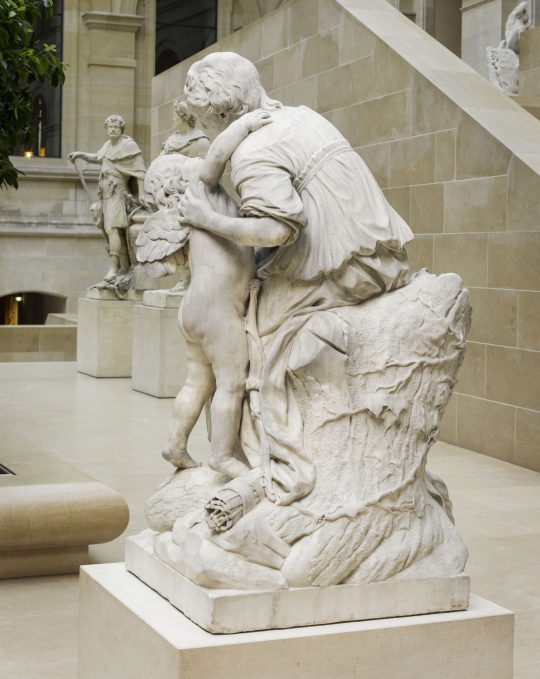In the four weeks since I sent out the last bulletin the
COP21, the memorial service for the victims of le 13 novembre in the courtyard
of les Invalides and the élections régionales have all been and gone. The flowers,
messages and spent candles outside the cafés and the Bataclan and on the place de la Republique have been tidied
away and people have been gradually turning their thoughts to Christmas and/or
the holidays.
Most people know what COP21 produced: a great deal of hot
air which was what it was supposed to be combating. Everyone signed up to the
easy bit, the magic figure of 1.5 degs C. The rest - the firm and binding plan to
make it happen - is like the tops of the skyscrapers in the smog of Beijing, no
more than a hazy outline.
The elections didn’t produce the much-feared basculement of
any region into the wide-open arms of the Front National but did produce some
significant gains for them all over France, no longer only in the far north or
the deep south. They also made right-winger Valérie Pécresse présidente of the
Ile de France, at the heart of which lies the city of Paris. Hollande will
battle on regardless, believing he can yet win a second term as president. Like
the UK and other démocracies essoufflées, France is experiencing a wholesale
loss of confidence in ‘la classe politique’.
I walked along the boulevard de la Chapelle on Wednesday to
the Barbès branch of Joseph Gibert which is where the Virgin mega-store used to
be. The food market was in full swing down the middle of the boulevard and,
thinking I might find a cheese stall somewhere along the route, I plunged in
among a seething mass of women, dragging their shopping trolleys behind them like
reluctant children and all of us sliding and slithering over the mashed vegetable
peelings and crushed orange skins underfoot. No sign of any cheese but two
kilos of oranges for 2.90 euros, a bag of garlic for 1 euro and a whole sack of
potatoes for 1.99. If you can stand the queuing, the shouting and pushing you
can probably do the week’s shop for less than half what you would pay in any supermarket.
It being the week before Christmas I am drawn as in previous
years, to find some quiet space in a church and what better church, I think, than
l’église St Merri, right beside the fleshpots of les Halles – doors wide open
and scarcely a soul in there? The visitor information leaflet tells you that hermit
Medericus died there in 850 or thereabouts and that his bones are still held in
the crypt. The church which has some fine paintings and some 16th
century stained glass, actively supports the arts and during COP21 had an
exhibition of the work of six artists on the theme of ‘notre terre...’
The most striking of the installations is ‘le film noir de
Lampedusa’. It is composed of objects Giacomo Sferiazzo collects on his outing
along the shore-line, increasingly these days things that have belonged to
migrants lost at sea. Some of those objects have been coated with black plastic by the artist
Clay Apenouvon – the ‘film noir’ of the title - and are strewn in a spreading puddle of oil at the foot of the altar in the chapel of communion: ‘déchets pétroliers qui vous invitent à
imaginer les hommes, femmes et enfants qui sont pris dans ce piège noir;
inexorablement, ils sont ramenés au rang terrifiant de déchets de l’humanité.’ (in paraphrase, 'the waste from oil tankers like the waste of human lives, a black film on our planet and common humanity). This,
not a nativity crib, is what is at the church entrance.
I stop for a moment on my way home to watch the didgeridoo player making her instrument growl
for a toddler on the parvis at Beaubourg then I take a right onto the boulevard
Sebastopol.
Ahead of me is a woman carrying a baby strapped to her back. He is
fast asleep, his fists curled at his face while she moves like a sailing ship,
slowly, serenely through the throbbing crowd.
As I end this last bulletin of 2015 - surely in Europe 'The year of the refugee and the dispossessed' - Gandhi 's words come to mind:
May I live simply that others may simply live.






































